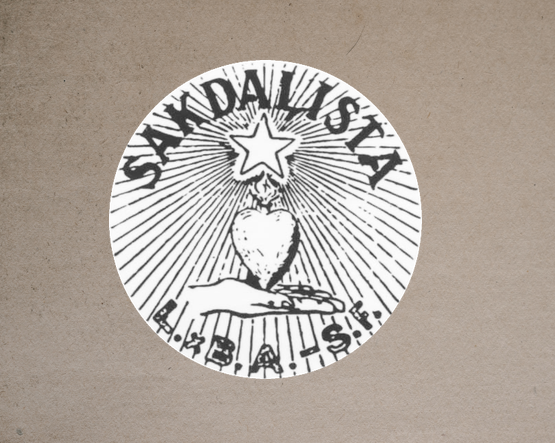The Sakdalistas focused on moral language in their writings while the Communists used a more economic-oriented tone
04 Jan 2024

In Philippine historiography, there has been a tendency to either classify political movements using rigid and “elite” categories (fanatical vs rational) or to challenge such definitions by arguing for a kind of universally “indigenous” Filipino character (e.g,. all Filipino revolutions are “millenarian”). In contrast, the current study proposes the use of computer tools and corpus linguistic techniques to balance the recognition of both continuity and dynamism, as well as sameness and difference, between movements. More specifically, the study uses a Keyword in Context (KWIC) analysis to compare the writings of the Sakdalistas and the Communists, two of the largest mass movements in early 20th-century Philippines. The keyword analysis reveals, on the one hand, distinct features in the writings of the two groups, with the Sakdalistas deploying a language that is more concerned with morality and the Communists deploying a more economistic tongue. On the other hand, a closer examination of these keywords in context also reveals a shared critique of imperialism and its connections to capitalism, as well as the common presence of two discourses in tension: a discourse of inclusive nationalism and a discourse of division among the people. In other words, the comparative keyword analysis shows that the Sakdalistas and the Communists had distinct political characteristics while also oscillating between similar languages and arguments on the nature of colonial Philippines. The identification of these patterns may contribute to a more nuanced and empirical understanding of the complexity of social movements in both the Philippines and Southeast Asia in general.
This is research is significant for three reasons. First, it contributes to the development in Philippine scholarship of digital humanities in general and computer-aided corpus analysis specifically. These fields have become increasingly prominent and popular internationally, but are both still underdeveloped in the Philippines. The research introduces strategies, techniques, and theoretical discussions from these fields into the study of Philippine social movements and proposes a specific technique (comparative keyword analysis) that may prove useful for future research. Second, the research contributes to a more nuanced and empirical understanding of the complexity of Philippine social movements in general and the Sakdalistas and the Communists specifically. It responds to influential but also problematic ideas promoted by past scholars, confirming some findings on the nature of Tagalog political discourse but challenging many others. Third, the research has produced a large corpus of texts (the Sakdal corpus) composed of over two and a half million words. At the present moment, corpora of this size are still rare in the Philippines due to the amount of time, money, and labor required to put them together. This corpus will be useful as primary material for future historical and sociological studies on the Sakdalistas, on Tagalog political
discourse, on the American colonial period, and so on.
Read the full paper: https://englishkyoto-seas.org/2022/12/vol-11-no-3-dominic-sy/
